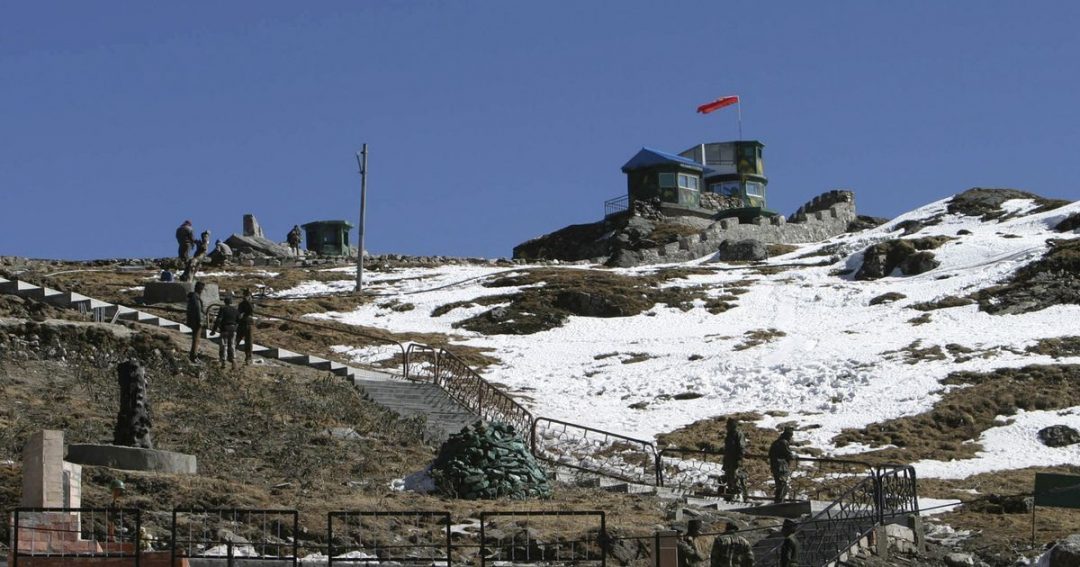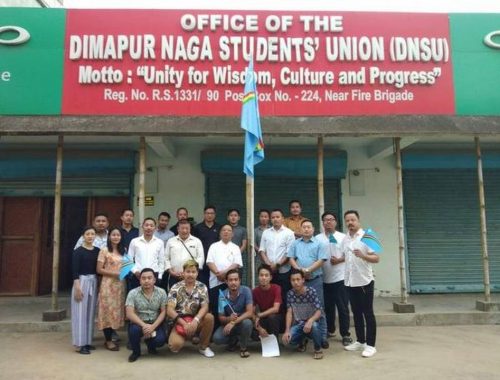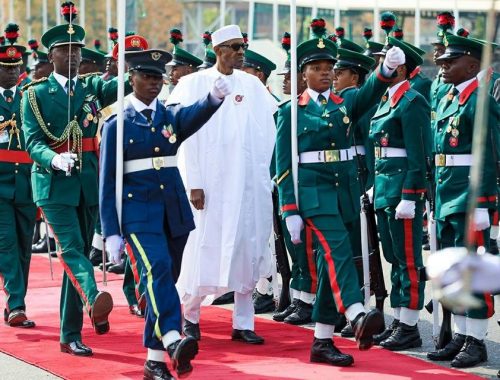Rahul Gandhi in London: “If India was punching above its weight, Doklam wouldn’t have happened,” the Congress chief said.
NEW DELHI: Rahul Gandhi, targeting Prime Minister Narendra Modi during an interaction today in London on a range of subjects including India’s border standoff with Chinese troops last year, said the “Chinese are still in Doklam”. PM Modi could have stopped it had he kept a careful watch, the Congress president added.
“Doklam is not an isolated issue. It was a part of a sequence of events, it was a process. Prime Minister is episodic. He views Doklam as an event. If he was carefully watching the process, he could’ve stopped it,” Rahul Gandhi said at the International Institute of Strategic Studies in London.
Implying that the government was obfuscating facts on Doklam, Rahul Gandhi said: “The words used are very interesting – the Chinese have withdrawn from the point of contact, they have withdrawn from where the altercation happened. The truth is that the Chinese are still in Doklam today.”
He added that “if India was punching above its weight, Doklam wouldn’t have happened.”
Doklam is a strategically important area which is claimed by Bhutan.
A standoff over Doklam saw Indian and Chinese soldiers standing eyeball to eyeball for 73 days over Beijing’s attempt to build a road in the area, which New Delhi viewed as a serious security concern because of the access it provides to Beijing. Chinese military positions in Doklam would have been in a position to strike targets in the “Chicken’s Neck” — a strip of land in West Bengal’s Siliguri, which connects India with the states in the north-east.
The two sides “disengaged” on August 28.
Earlier this month, Rahul Gandhi had attacked Foreign Minister Sushma Swaraj for stating in parliament that the Doklam face-off was resolved through “diplomatic maturity” and there was “not an iota of change” in status quo on the ground.
In a caustic tweet, the Congress chief attached a news report that quoted a top US official as saying China has quietly resumed its activities in the Doklam area and neither Bhutan nor India has sought to dissuade it.
COMMENT
“Amazing how a lady like Sushma ji has buckled and prostrated herself in front of Chinese power. Absolute subservience to the leader means our brave jawan has been betrayed on the border,” the Congress president tweeted.
The idea of demonetisation came directly from RSS
Congress president Gandhi arrived in London on Friday on his first official visit to the UK as party president. During his two-day visit, he is set for a series of meetings, including an interaction with parliamentarians in the House of Commons complex and a diaspora event.
Rahul Gandhi kicked off his first official visit to the UK since taking over as president of Congress with an address focussed on his foreign policy vision of India at the International Institute of Strategic Studies, which earlier this year played host to the Prime Minister’s speech on Indo-Pacific policy.
During the speech the Congress President called for a re-evaluation of India’s approach to China, as the country sought to strike a balance between China, the West and Africa. “We can’t ignore the fact that China is our neighbour,” he said. “The opportunity is there is an Indian way of doing things that is completely different to the Chinese way or the America way…we have our own ideas that are old, tested by non -violence and listening…we specialise in reducing confrontation,” he said.
He used the opportunity to attack the government’s approach to foreign policy, arguing that it lacked strategic vision, and would fail to gain momentum without unifying the country or solving the job problem. “You can’t run a foreign policy based on hugs,” he said. When “divisions” were created between people “you are reducing India’s power, he said. “You carry all those people together you punch at maximum weight.”
Reiterating his attack on the government’s approach to job creation that he had made in Hamburg earlier in the week, Mr. Gandhi, also attacked demonetisation, arguing it had failed to serve medium sized businesses in the way that would have been needed to revitalise the economy and the formal jobs market.




